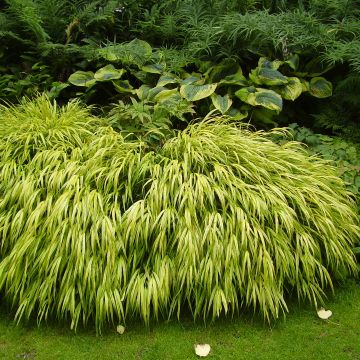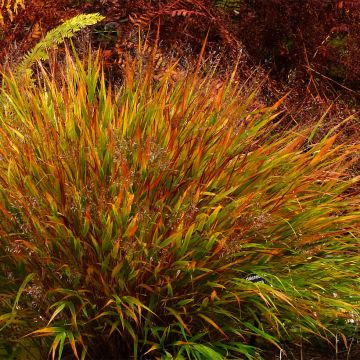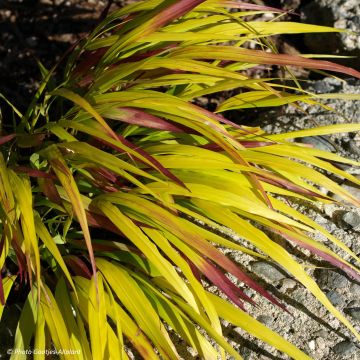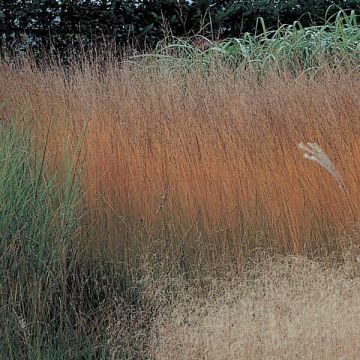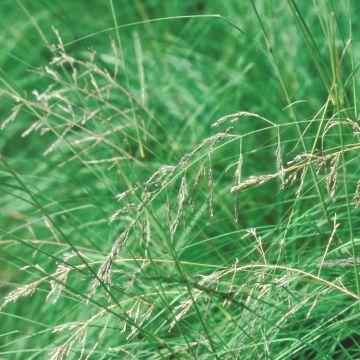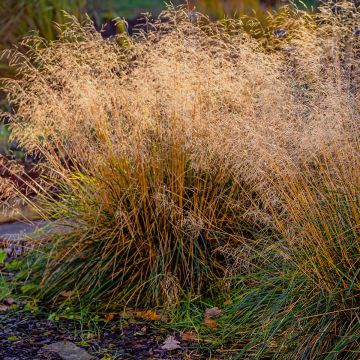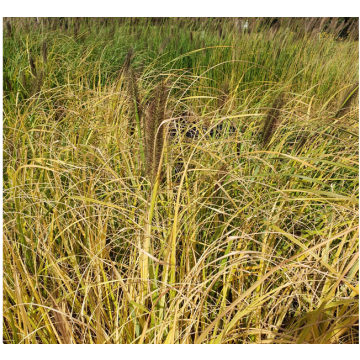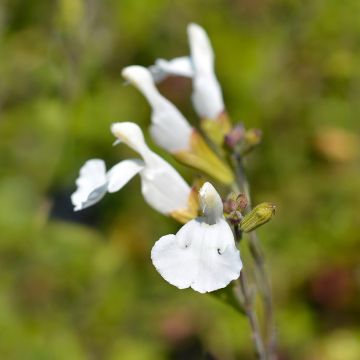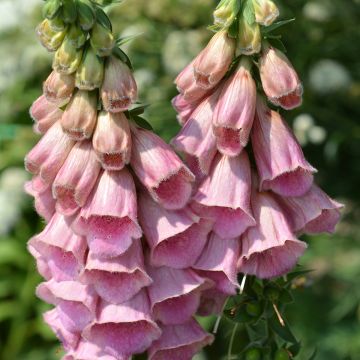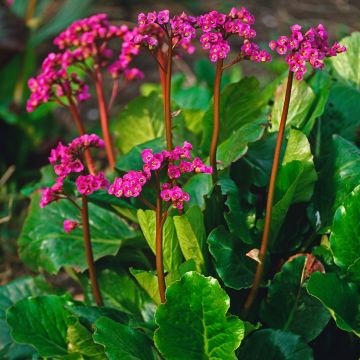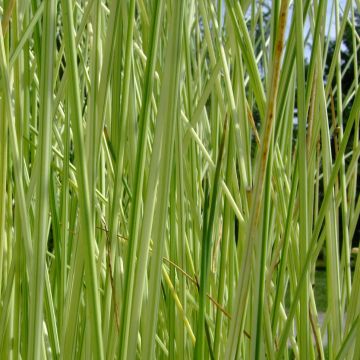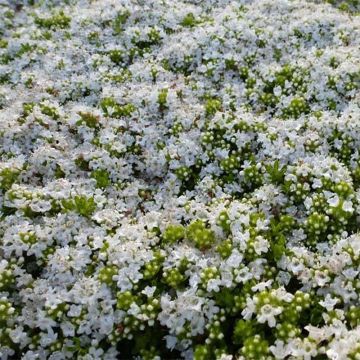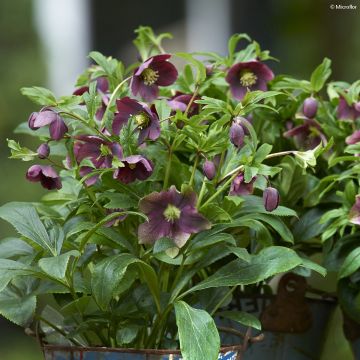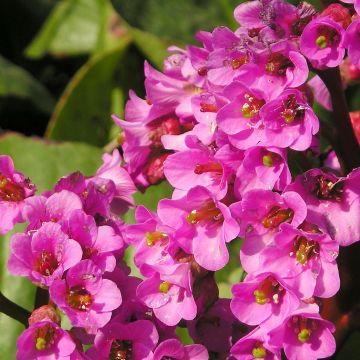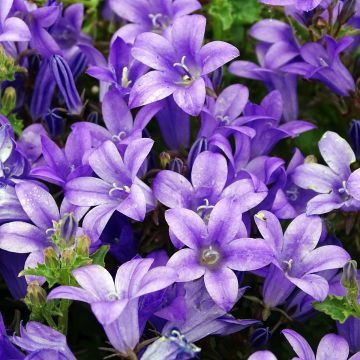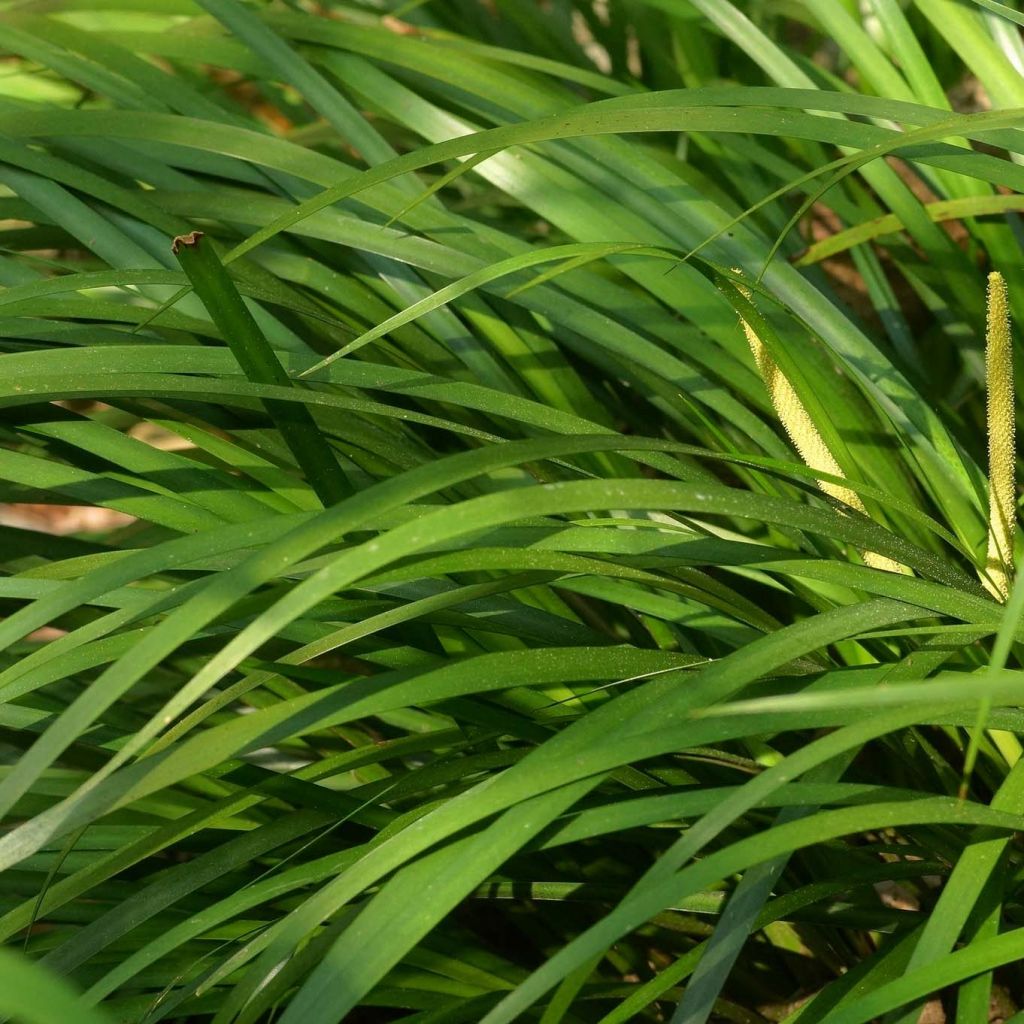

Acorus gramineus
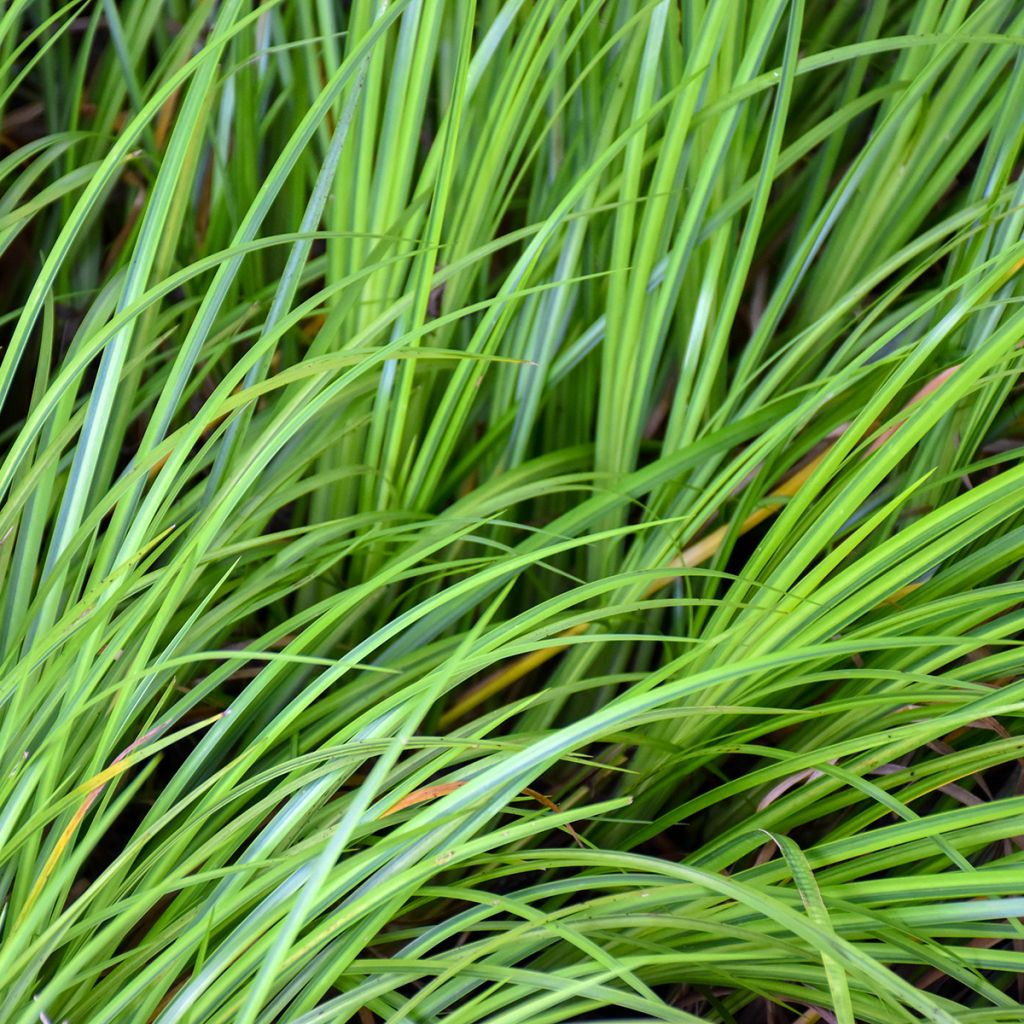

Acorus gramineus
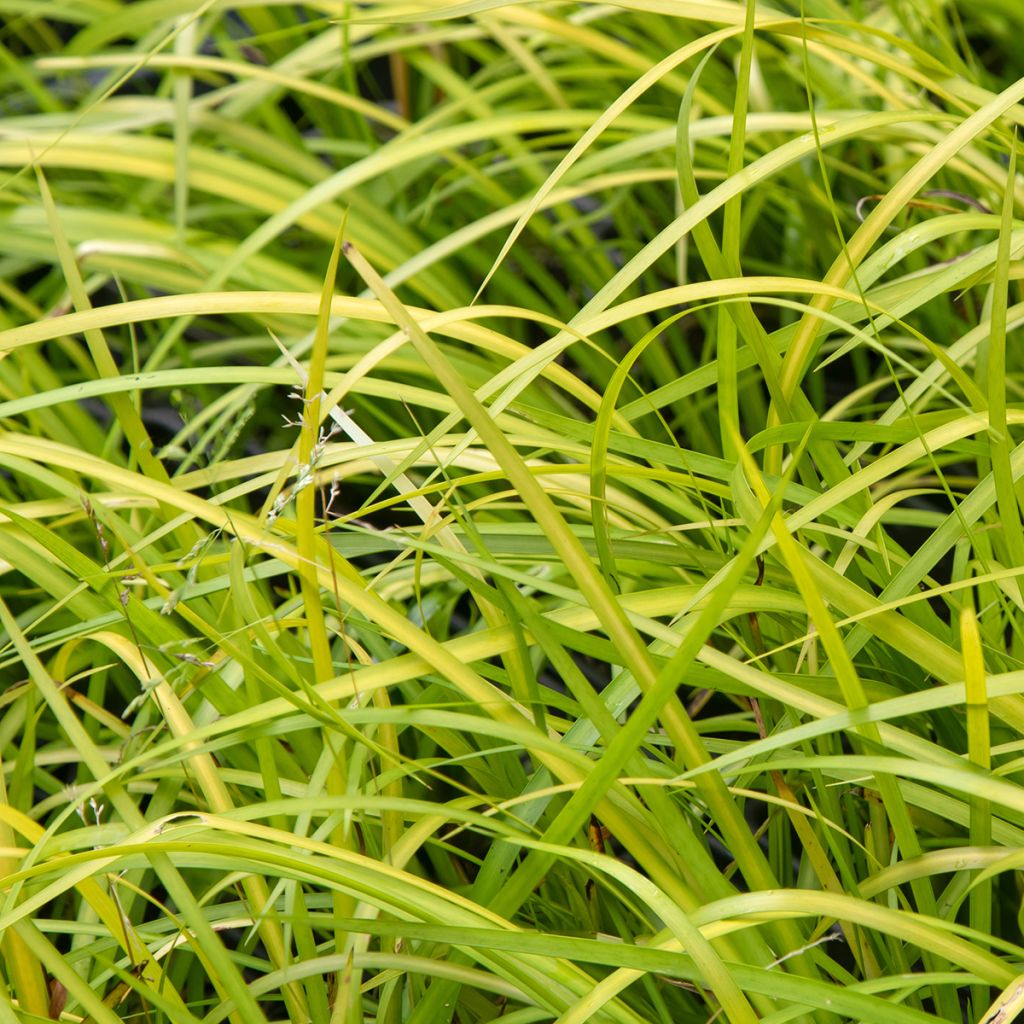

Acorus gramineus
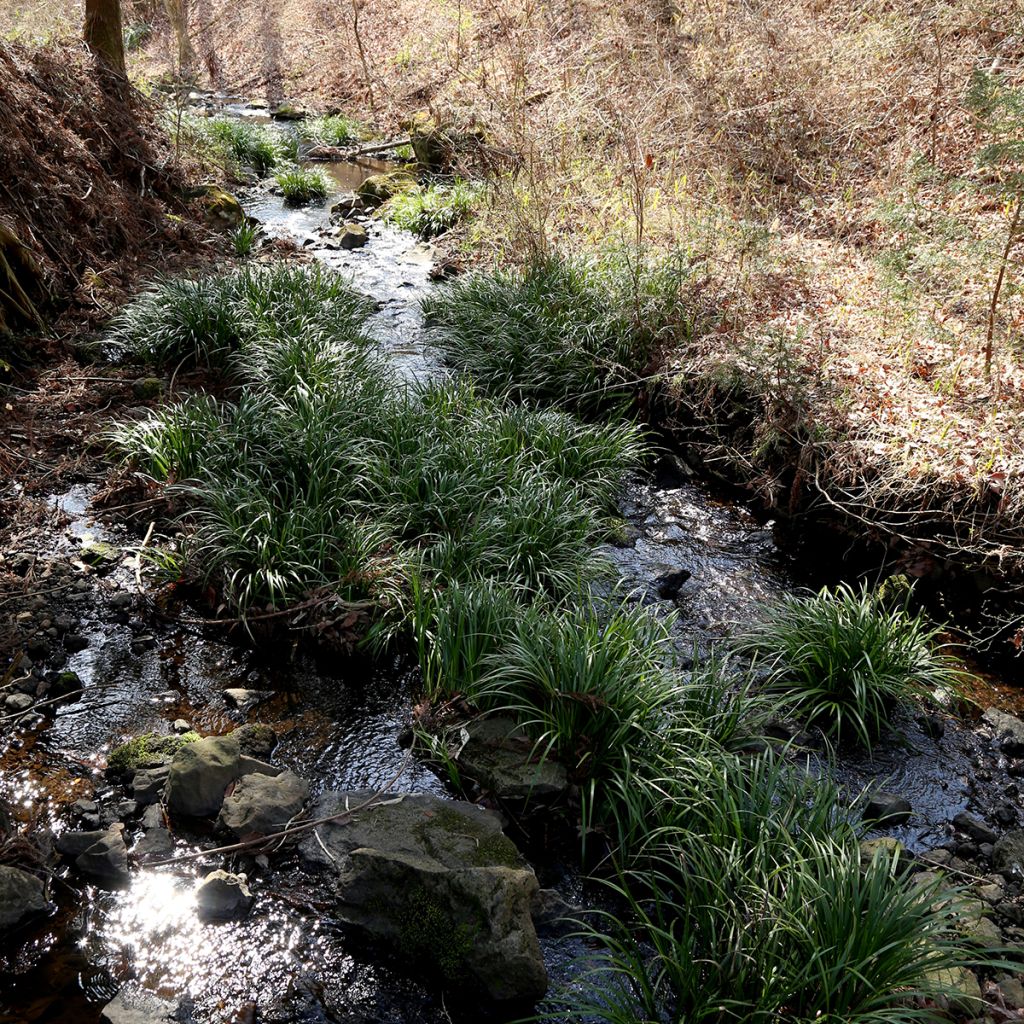

Acorus gramineus
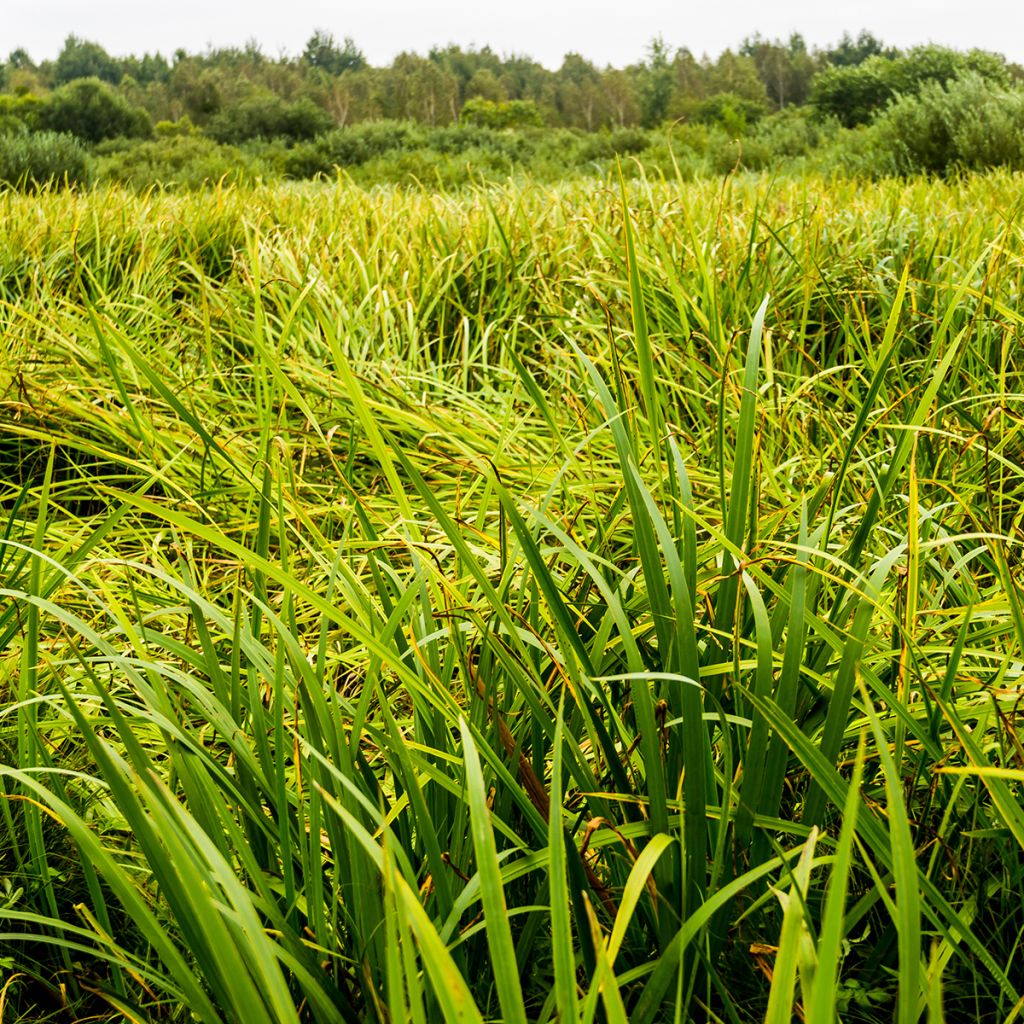

Acorus gramineus
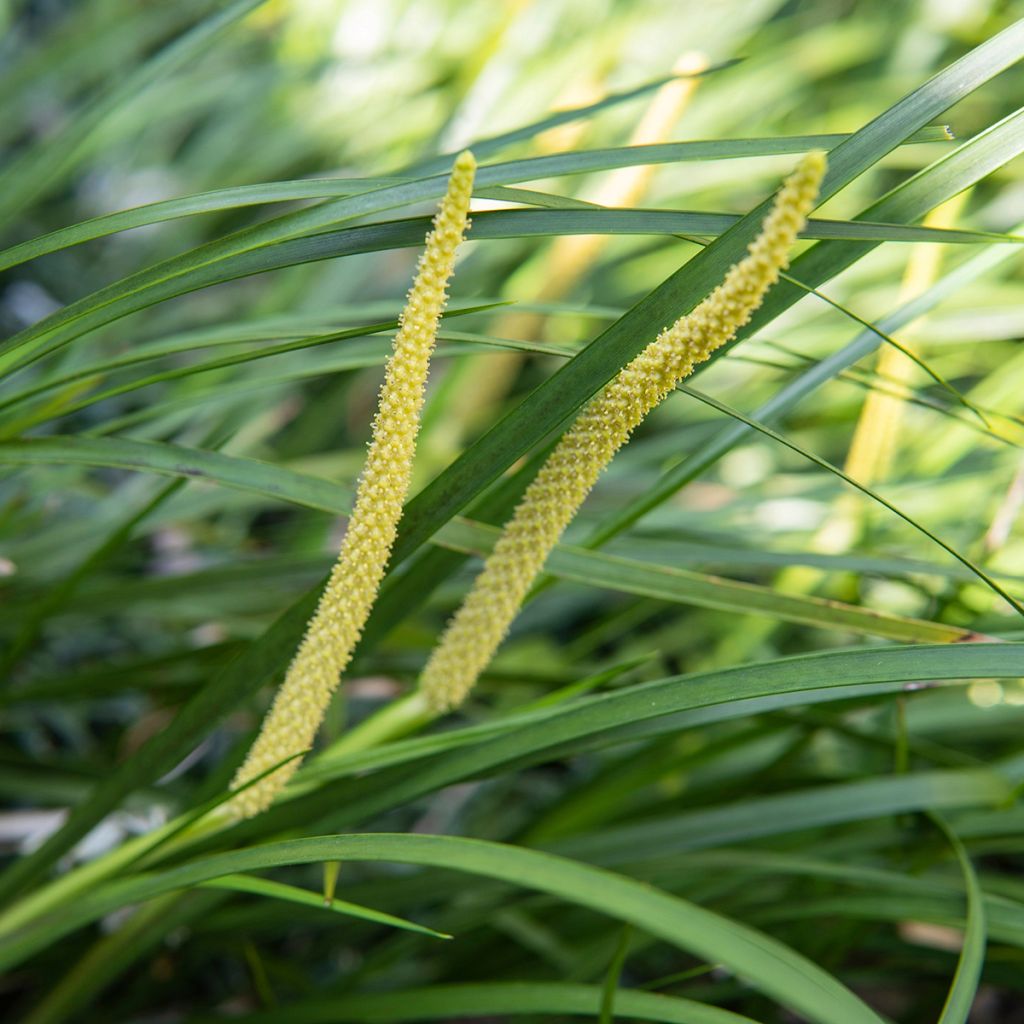

Acorus gramineus
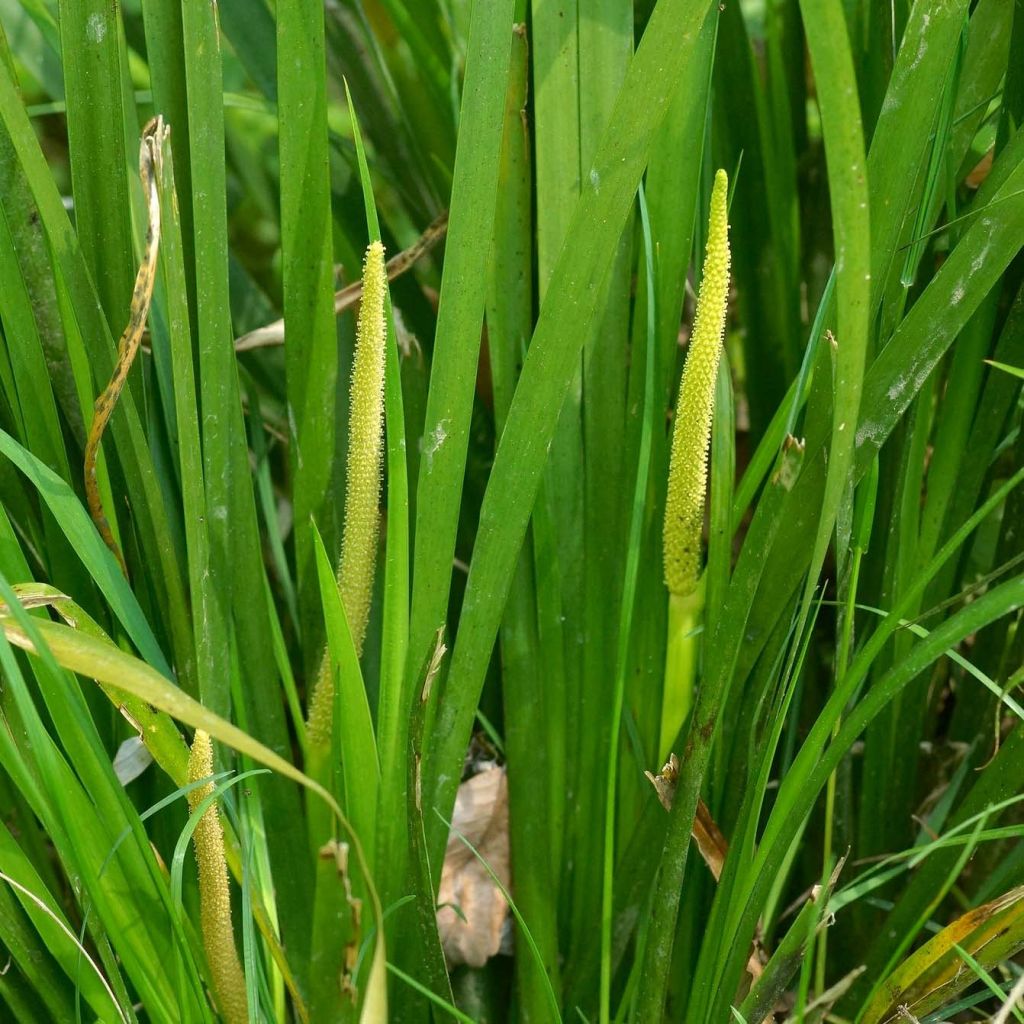

Acorus gramineus
Acorus gramineus
Acorus gramineus
Slender sweet flag.
Special offer!
Receive a €20 voucher for any order over €90 (excluding delivery costs, credit notes, and plastic-free options)!
1- Add your favorite plants to your cart.
2- Once you have reached €90, confirm your order (you can even choose the delivery date!).
3- As soon as your order is shipped, you will receive an email containing your voucher code, valid for 3 months (90 days).
Your voucher is unique and can only be used once, for any order with a minimum value of €20, excluding delivery costs.
Can be combined with other current offers, non-divisible and non-refundable.
Home or relay delivery (depending on size and destination)
Schedule delivery date,
and select date in basket
This plant carries a 12 months recovery warranty
More information
We guarantee the quality of our plants for a full growing cycle, and will replace at our expense any plant that fails to recover under normal climatic and planting conditions.
Would this plant suit my garden?
Set up your Plantfit profile →
Description
Acorus gramineus, more simply called the grass-like sweet flag, is a semi-aquatic perennial often used for ornamentation around water points. This lovely plant, also sometimes called Japanese rush, develops an elegant foliage that is both dense and fine, gathered in a beautiful slightly flared tuft, remaining decorative for a good part of the year. It can be cultivated in submerged conditions under 10 to 15cm (4 to 6in) of water. The sweet flag is perfect for stabilizing banks, decorating small ponds, waterfalls, and streams!
Acorus gramineus is a plant from the Acoraceae family, native to Japan, Korea, and eastern Asia. This botanical species of wet to marshy areas can withstand freezing temperatures of around -12/-15°C. From the rhizomatous stump, weakly trailing, leaves similar in appearance to those of iris emerge, but narrower, leathery, shiny, and a beautiful bright green. It is aromatic when crushed and gives off a rather aniseed fragrance. The rhizomes, used in traditional Japanese medicine, are also fragrant: their scent resembles that of liquorice. This slow-growing perennial plant is not invasive. At maturity, it will form a clump of about 30cm (12in) in all directions. The greenish flowers are almost invisible, they are gathered in a small short spadix and appear in early summer.
This Japanese sweet flag forms a beautiful little green fountain in just a few years, which goes perfectly with Japanese irises, Asian primroses, or willowherbs on the banks of a pond. Similarly, you can also plant it in a trough or in a garden with particularly heavy and humid soil, in regions that are not too cold. It is also a good candidate for decorating small ponds, on a terrace or balcony. Its semi-evergreen foliage is very useful because it must be recognized that most bank plants disappear in winter. Hardy enough to withstand our normal winters, it will be preferable to overwinter it in regions with colder winters like in northeastern France. The potted plant will be installed in a cold greenhouse or in a well-ventilated and bright room, protected from frost, while keeping the soil always moist.
Report an error about the product description
Acorus gramineus in pictures






Flowering
Foliage
Plant habit
Botanical data
Acorus
gramineus
Araceae
Slender sweet flag.
Cultivar or hybrid
Other Ornemental grasses A to Z
View all →Planting and care
Acorus gramineus is preferably planted in spring, in sunny or partially shaded exposure. Install it in crevices of dripping rocks or on the banks of a pond, in heavy, moist or even marshy soil. It can be grown in partial immersion, up to 10cm (4in) of water. In very cold regions, place the plant, with a clump of soil, in a large pot or some kind of container. Install it in a cold greenhouse or a well-ventilated, bright space protected from frost. The soil must be constantly kept moist.
Planting period
Intended location
Care
This item has not been reviewed yet - be the first to leave a review about it.
Similar products
Haven't found what you were looking for?
Hardiness is the lowest winter temperature a plant can endure without suffering serious damage or even dying. However, hardiness is affected by location (a sheltered area, such as a patio), protection (winter cover) and soil type (hardiness is improved by well-drained soil).

Photo Sharing Terms & Conditions
In order to encourage gardeners to interact and share their experiences, Promesse de fleurs offers various media enabling content to be uploaded onto its Site - in particular via the ‘Photo sharing’ module.
The User agrees to refrain from:
- Posting any content that is illegal, prejudicial, insulting, racist, inciteful to hatred, revisionist, contrary to public decency, that infringes on privacy or on the privacy rights of third parties, in particular the publicity rights of persons and goods, intellectual property rights, or the right to privacy.
- Submitting content on behalf of a third party;
- Impersonate the identity of a third party and/or publish any personal information about a third party;
In general, the User undertakes to refrain from any unethical behaviour.
All Content (in particular text, comments, files, images, photos, videos, creative works, etc.), which may be subject to property or intellectual property rights, image or other private rights, shall remain the property of the User, subject to the limited rights granted by the terms of the licence granted by Promesse de fleurs as stated below. Users are at liberty to publish or not to publish such Content on the Site, notably via the ‘Photo Sharing’ facility, and accept that this Content shall be made public and freely accessible, notably on the Internet.
Users further acknowledge, undertake to have ,and guarantee that they hold all necessary rights and permissions to publish such material on the Site, in particular with regard to the legislation in force pertaining to any privacy, property, intellectual property, image, or contractual rights, or rights of any other nature. By publishing such Content on the Site, Users acknowledge accepting full liability as publishers of the Content within the meaning of the law, and grant Promesse de fleurs, free of charge, an inclusive, worldwide licence for the said Content for the entire duration of its publication, including all reproduction, representation, up/downloading, displaying, performing, transmission, and storage rights.
Users also grant permission for their name to be linked to the Content and accept that this link may not always be made available.
By engaging in posting material, Users consent to their Content becoming automatically accessible on the Internet, in particular on other sites and/or blogs and/or web pages of the Promesse de fleurs site, including in particular social pages and the Promesse de fleurs catalogue.
Users may secure the removal of entrusted content free of charge by issuing a simple request via our contact form.
The flowering period indicated on our website applies to countries and regions located in USDA zone 8 (France, the United Kingdom, Ireland, the Netherlands, etc.)
It will vary according to where you live:
- In zones 9 to 10 (Italy, Spain, Greece, etc.), flowering will occur about 2 to 4 weeks earlier.
- In zones 6 to 7 (Germany, Poland, Slovenia, and lower mountainous regions), flowering will be delayed by 2 to 3 weeks.
- In zone 5 (Central Europe, Scandinavia), blooming will be delayed by 3 to 5 weeks.
In temperate climates, pruning of spring-flowering shrubs (forsythia, spireas, etc.) should be done just after flowering.
Pruning of summer-flowering shrubs (Indian Lilac, Perovskia, etc.) can be done in winter or spring.
In cold regions as well as with frost-sensitive plants, avoid pruning too early when severe frosts may still occur.
The planting period indicated on our website applies to countries and regions located in USDA zone 8 (France, United Kingdom, Ireland, Netherlands).
It will vary according to where you live:
- In Mediterranean zones (Marseille, Madrid, Milan, etc.), autumn and winter are the best planting periods.
- In continental zones (Strasbourg, Munich, Vienna, etc.), delay planting by 2 to 3 weeks in spring and bring it forward by 2 to 4 weeks in autumn.
- In mountainous regions (the Alps, Pyrenees, Carpathians, etc.), it is best to plant in late spring (May-June) or late summer (August-September).
The harvesting period indicated on our website applies to countries and regions in USDA zone 8 (France, England, Ireland, the Netherlands).
In colder areas (Scandinavia, Poland, Austria...) fruit and vegetable harvests are likely to be delayed by 3-4 weeks.
In warmer areas (Italy, Spain, Greece, etc.), harvesting will probably take place earlier, depending on weather conditions.
The sowing periods indicated on our website apply to countries and regions within USDA Zone 8 (France, UK, Ireland, Netherlands).
In colder areas (Scandinavia, Poland, Austria...), delay any outdoor sowing by 3-4 weeks, or sow under glass.
In warmer climes (Italy, Spain, Greece, etc.), bring outdoor sowing forward by a few weeks.






























